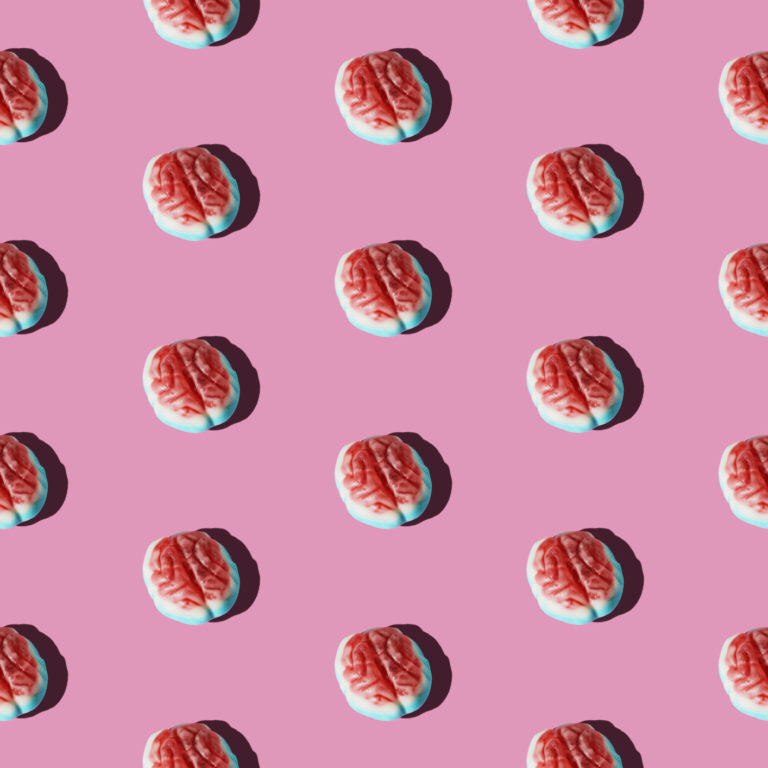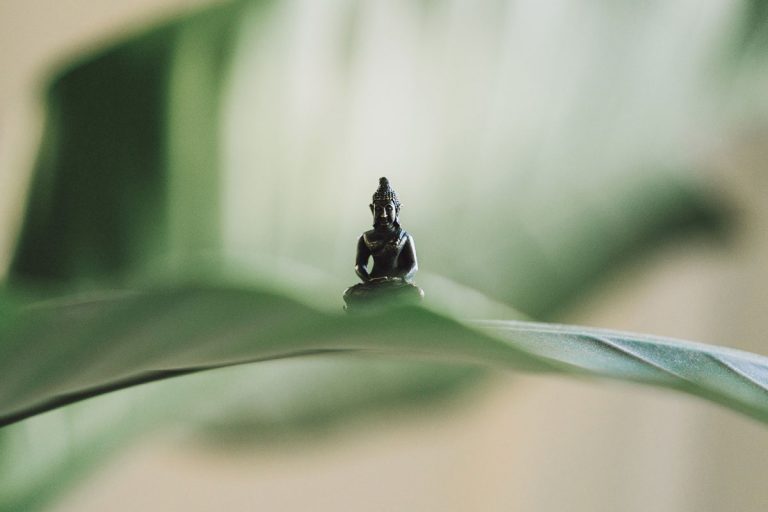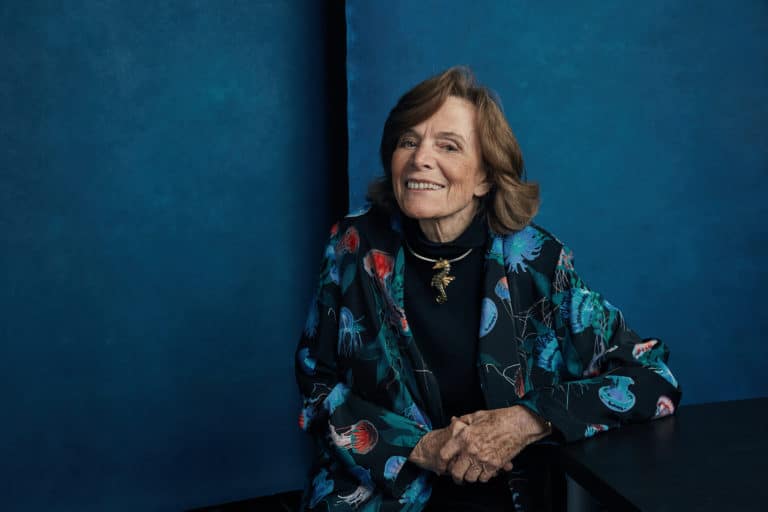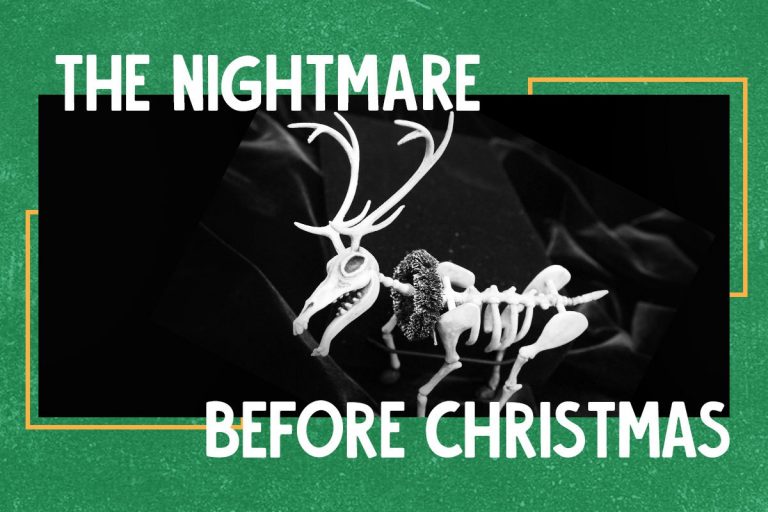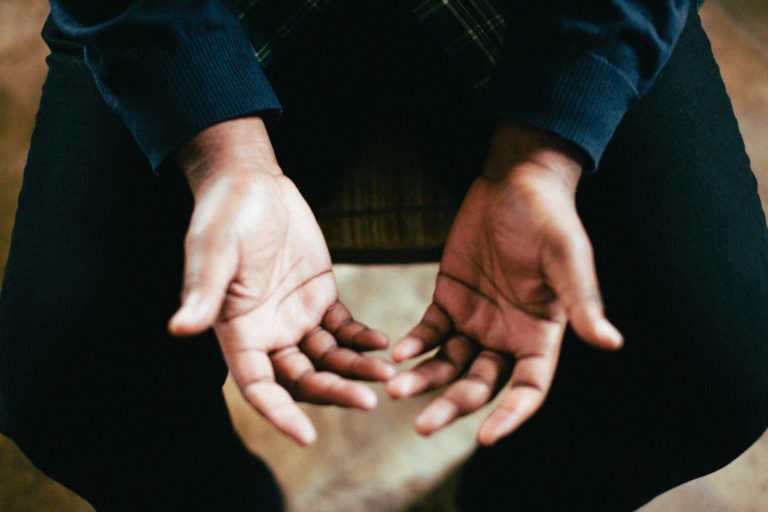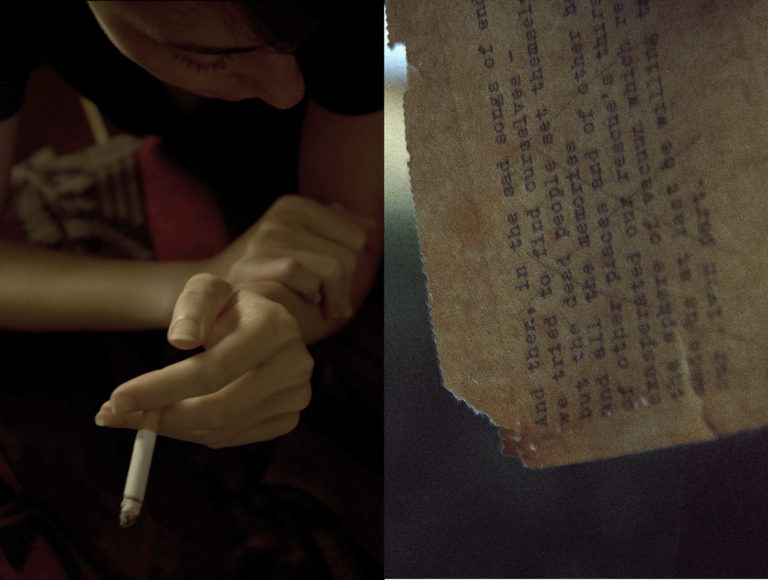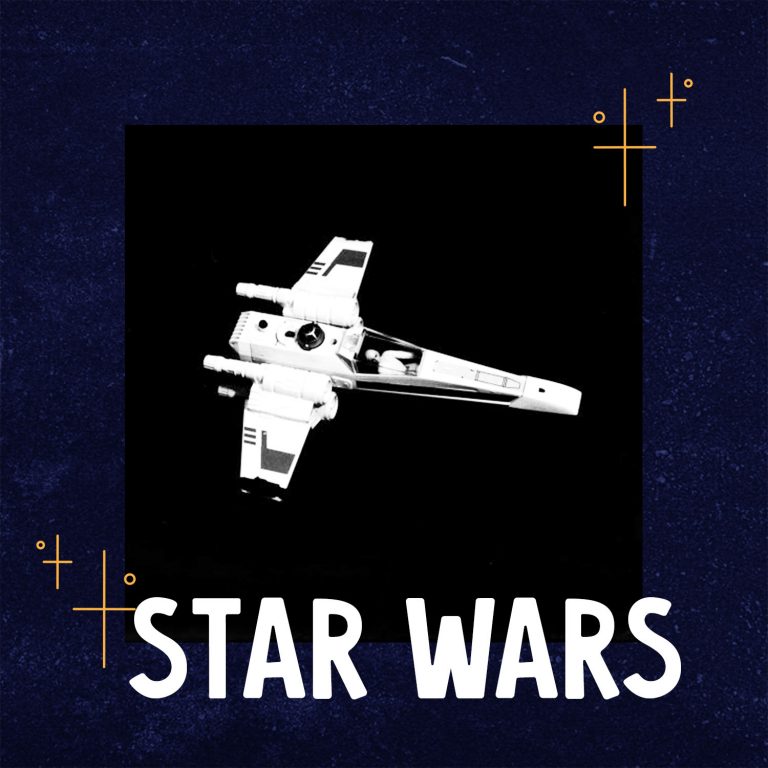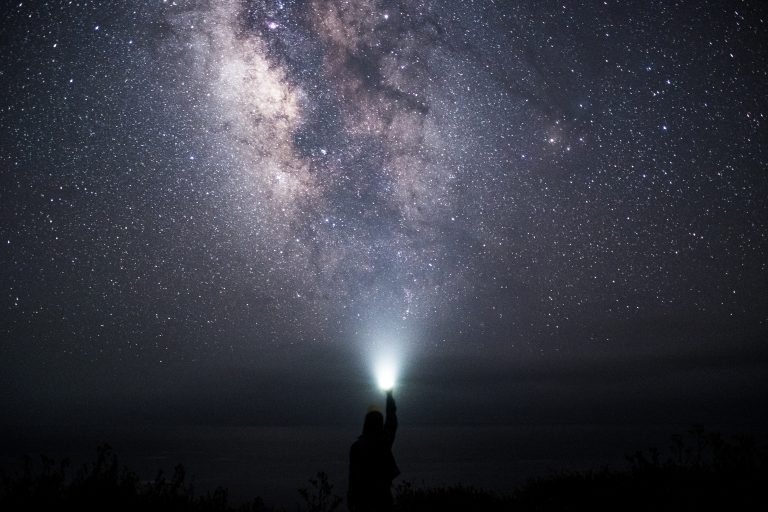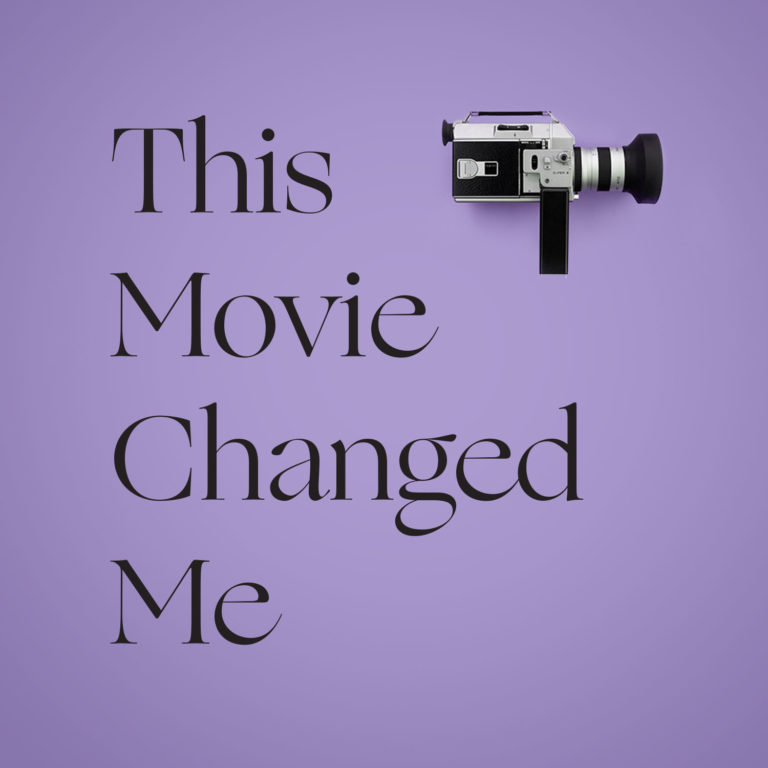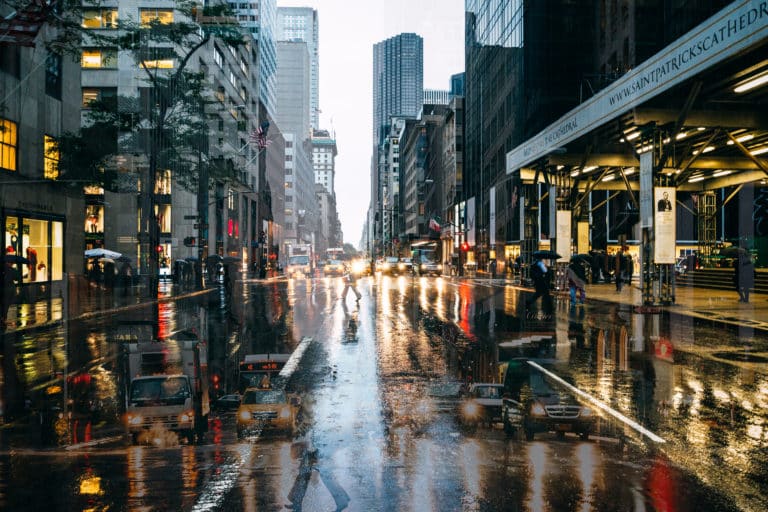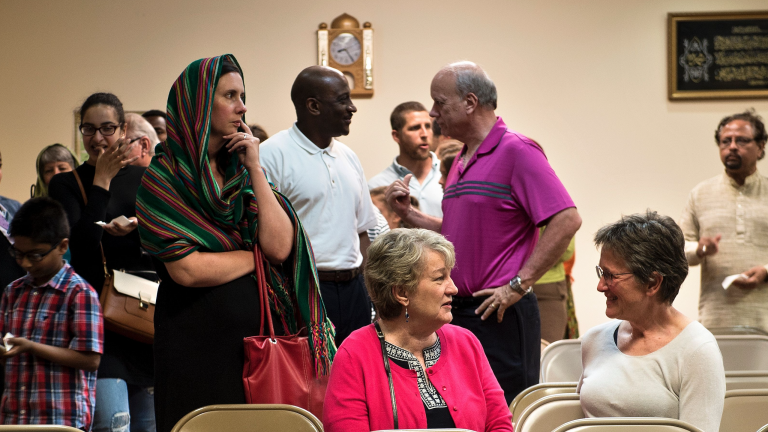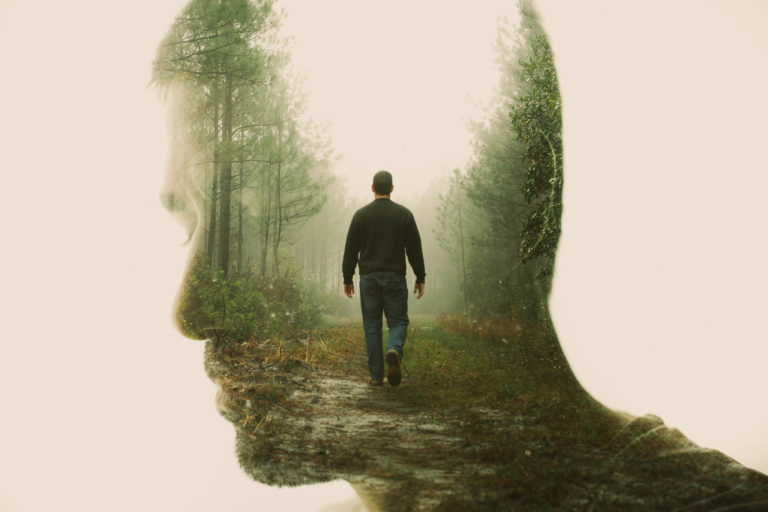Sexual tension? Romance? Teen angst? Sounds like a typical ’80s movie. But The Guardian’s Hadley Freeman says Say Anything is different, even radical, in its portrayal of women and men as friends.
Podcasts
View
- List View
- Standard View
- Grid View
911 Results
Flutist and vocalist Nathalie Joachim is a magnetic voice of one of the unexpected aspects of our globalized world — new generations reclaiming and falling in love anew with the places their parents left. In an odyssey through songs of women, Nathalie Joachim is immersing in Haiti’s ecological and political traumas, as well as its beauty and its promise.
If you could, would you erase memories of past lovers? This idea is at the heart of Eternal Sunshine of the Spotless Mind, and Chaitanya Kumar says he wouldn’t. Still, the movie made him rethink the way we experience and remember love.
Stephen Batchelor’s secular Buddhism speaks to the mystery and vitality of spiritual life in every form. For him, secularism opens to doubt and questioning as a radical basis for spiritual life. Above all, he understands Buddhism without transcendent beliefs like karma or reincarnation to become something urgent to do, not to believe in.
Oceanographer Sylvia Earle was the first person to walk solo on the bottom of the sea, under a quarter mile of water. She has watched humanity’s enduring fascination with “outer space” while she has delighted in “inner space” — the alien and increasingly endangered worlds beneath earth’s waters. These frontiers, as Sylvia Earle points out, are our very life-support system. She takes us inside the knowledge she’s gathered from a lifetime of research and literally swimming with sharks.
Harry Potter and the Sacred Text’s Casper ter Kuile talks about this classic Meg Ryan/Tom Hanks movie, one he always watches with a pint of ice cream. It shaped the world he longed for as a 14-year-old, and later on, even the kind of man he would marry.
February 14, 2018
Rubén Blades, Ashley C. Ford, David Greene, et al.
This Movie Changed Me
Movies delight and inspire and repel. They’re places the big questions we take up at On Being land in the heart of our lives. They change our lives and our life together. Get out the popcorn for this show, and immerse yourself in film scores and iconic movie moments — with David Greene on how Star Wars changed him, Ashley C. Ford on The Nightmare Before Christmas, Rubén Blades on the 1943 noir Western The Ox-Bow Incident, and more.
The Nightmare Before Christmas helped writer Ashley C. Ford accept life’s imperfections. As a kid, the movie taught her that it was okay to be different and to embrace the weird and the creepy.
The tensions of our time are well-known. But there are stories that are not being told, because they are not violent and not shouting to be heard. One of them is that all over this country, synagogues and mosques, Muslims and Jews, have been coming to know one another. There is friendship. There are initiatives that are patiently, and at human scale, planting the seeds for new realities across generational time. As part of the Civil Conversations Project, a live conversation at the Union for Reform Judaism’s General Assembly in Boston between Imam Abdullah Antepli and Rabbi Sarah Bassin.
“A dysfunctional family is any family with more than one person in it.” Mary Karr has a captivating ability to give voice to what is funny in life’s most heartbreaking moments. She is beloved for her salty memoirs in which she traces her harrowing childhood in southeast Texas — with a mother who once tried to kill her with a butcher’s knife and her own adult struggles with alcoholism and breakdown. Mary Karr embodies this wryness and wildness in her lesser-known spiritual practice as a devout Catholic — an unexpected move she made in mid-life.
David Greene, co-host of NPR’s Morning Edition and Up First, shares how Star Wars: Episode IV instilled a sense of wanderlust and adventure in his life and ultimately made him want to become a foreign correspondent.
“It’s very likely that the universe is really a kind of a question, rather than the answer to anything,” says philosopher technologist Kevin Kelly. He was the founding editor of WIRED and is an original thinker on shaping the character and spiritual meaning of technology. He says our role as good askers of questions will remain the most important contribution of our species in a coming world of AI.
A sneak peek into This Movie Changed Me, a new podcast from On Being Studios.
The poet Christian Wiman is giving voice to the hunger and challenge of being religious now. He had a charismatic Texas Christian upbringing, and was later agnostic. He became actively religious again as he found love in his mid 30s, and was diagnosed with cancer. He’s written, “How does one remember God, reach for God, realize God in the midst of one’s life if one is constantly being overwhelmed by that life?”
We often find ourselves talking to poets and writers about the vivid connections between art and faith. This special hour came out of a live collaboration between On Being and Selected Shorts at Symphony Space in New York. Claire Danes, Ellen Burstyn, Julie White, and U.S. poet laureate Tracy K. Smith joined us with stories and poems about meaning and mystery.
The wise and lyrical writer Adam Gopnik muses on the ironies of spiritual life in a secular age through the lens of his many fascinations — from parenting, to the arts, to Darwin. He touches on all these things in a conversation inspired by his foreword to The Good Book, in which novelists, essayists, and activists who are not known as religious thinkers write about their favorite biblical passages. Our ancestors acknowledged doubt while practicing faith, he says; we moderns are drawn to faith while practicing doubt.
No challenge before us is more important — and more potentially life-giving — than that we come to see and know our fellow citizens, our neighbors, who have become strangers. Journalist Anand Giridharadas and Whitney Kimball Coe of the Rural Assembly have two very different histories and places in our life together. But they are both stitching relationship across the ruptures that have made politics thin veneers over human dramas of power and frailty, fear and hope. We spoke at the Obama Foundation’s inaugural summit in Chicago.
November 9, 2017
Rachel Yehuda
How Trauma and Resilience Cross Generations
The new field of epigenetics sees that genes can be turned on and off and expressed differently through changes in environment and behavior. Rachel Yehuda is a pioneer in understanding how the effects of stress and trauma can transmit biologically, beyond cataclysmic events, to the next generation. She has studied the children of Holocaust survivors and of pregnant women who survived the 9/11 attacks. But her science is a form of power for flourishing beyond the traumas large and small that mark each of our lives and those of our families and communities.
The Pause
Join our constellation of listening and living.
The Pause is a monthly Saturday morning companion to all things On Being, with heads-up on new episodes, special offerings, event invitations, recommendations, and reflections from Krista all year round.
Search results for “”
View
- List View
- Standard View
- Grid View
Filters


